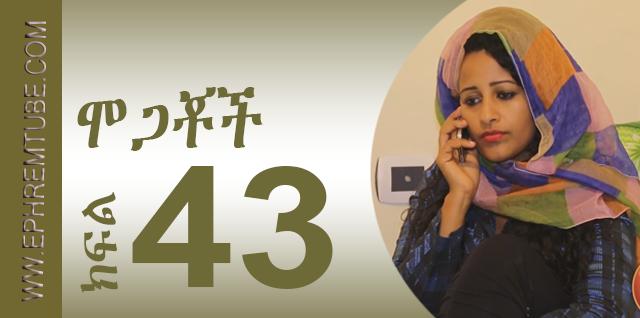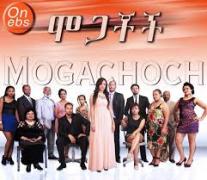DISCLAIMER STATEMENT: CHISTORY)
I do not own the video thus all rights are reserved to the author and producer of the material.
No copyright infringement intended, for news report purposes only to serve the public interest.
It also indicates the legal copyright owner, therefore re-posting of this material for the purpose mentioned is in compliance with fair use. It is not intended by the user to infringe on copyright.
Thank you for viewing.
Please remember to like and subscribe for more awesome videos.
THANK YOU.
The historical reliability of the Gospels refers to the reliability and historic character of the four New Testament gospels as historical documents. Some scholars state that little in the four canonical gospels is considered to be historically reliable.
Most scholars of antiquity agree that Jesus existed, but scholars differ on the historicity of specific episodes described in the Biblical accounts of Jesus.:181 The only two events subject to "almost universal assent" are that Jesus was baptized by John the Baptist and was crucified by the order of the Roman Prefect Pontius Pilate. Elements whose historical authenticity is disputed include the two accounts of the Nativity of Jesus, the miraculous events including the resurrection, and certain details about the crucifixion.
The Synoptic Gospels are the primary sources of historical information about Jesus and of the religious movement he founded. These religious gospels—the Gospel of Matthew, the Gospel of Mark, and the Gospel of Luke—written in the Greek language, recount the life, ministry, crucifixion and resurrection of a Jew named Jesus, who spoke Aramaic. There are different hypotheses regarding the origin of the texts because the gospels of the New Testament were written in Greek for Greek-speaking communities,[69] that were later translated into Syriac, Latin, and Coptic although some say a version of the Gospel of Matthew may have been composed in Aramaic.
The fourth gospel, the Gospel of John, differs greatly from the first three gospels. Historians often study the historical reliability of the Acts of the Apostles when studying the reliability of the gospels, as the Book of Acts was seemingly written by the same author as the Gospel of Luke.
Historians subject the gospels to critical analysis by differentiating authentic, reliable information from possible inventions, exaggerations, and alterations. Since there are more textual variants in the New Testament (200–400 thousand) than it has letters (c. 140 thousand), scholars use textual criticism to determine which gospel variants could theoretically be taken as 'original'. To answer this question, scholars have to ask who wrote the gospels, when they wrote them, what was their objective in writing them, what sources the authors used, how reliable these sources were, and how far removed in time the sources were from the stories they narrate, or if they were altered later. Scholars can also look into the internal evidence of the documents, to see if, for example, the document is misquoting texts from the Hebrew Tanakh, is making claims about geography that were incorrect, if the author appears to be hiding information, or if the author has made up a certain prophecy. Finally, scholars turn to external sources, including the testimony of early church leaders, writers outside the church (mainly Jewish and Greco-Roman historians) who would have been more likely to have criticized the church, and to archaeological evidence.
https://en.wikipedia.org/wiki/Historicity_of_Jesus
- Category
- Orthodox Documentary










